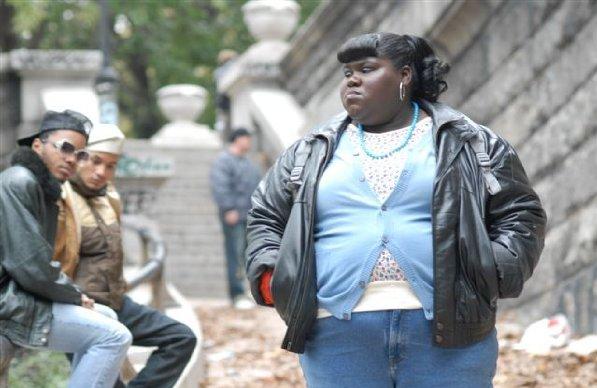| Academy Award Nominations and Winners: |
| Best Picture |
| Best Director: Lee Daniels |
| Best Actress: Gabourey Sidibe |
| ★ | Best Supporting Actress: Mo'Nique |
| ★ | Best Adapted Screenplay: Geoffrey Fletcher |
| Best Film Editing: Joe Klotz |
|
| Golden Globe Nominations and Winners: |
| Best Picture (Drama) |
| Best Actress (Drama): Gabourey Sidibe |
| ★ | Best Supporting Actress: Mo'Nique |
|
| Other Awards: |
| Sundance Film Festival: Grand Jury Prize (Dramatic); Audience Award (Dramatic); Grand Jury Prize for Acting (Mo'Nique) |
| Toronto Film Festival: People's Choice Award |
| Chicago International Film Festival: Audience Award |
| Screen Actors Guild Awards: Best Supporting Actress (Mo'Nique) |
| Independent Spirit Awards: Best Picture; Best Director; Best Actress (Sidibe); Best Supporting Actress (Mo'Nique); Best First Screenplay |
| New York Film Critics Circle: Best Supporting Actress (Mo'Nique) |
| Los Angeles Film Critics Association: Best Supporting Actress (Mo'Nique) |
| National Society of Film Critics: Best Supporting Actress (Mo'Nique) |
| Boston Society of Film Critics: Best Supporting Actress (Mo'Nique); Best Ensemble Cast (tie) |
| National Board of Review: Breakthrough Actress (Sidibe) |



